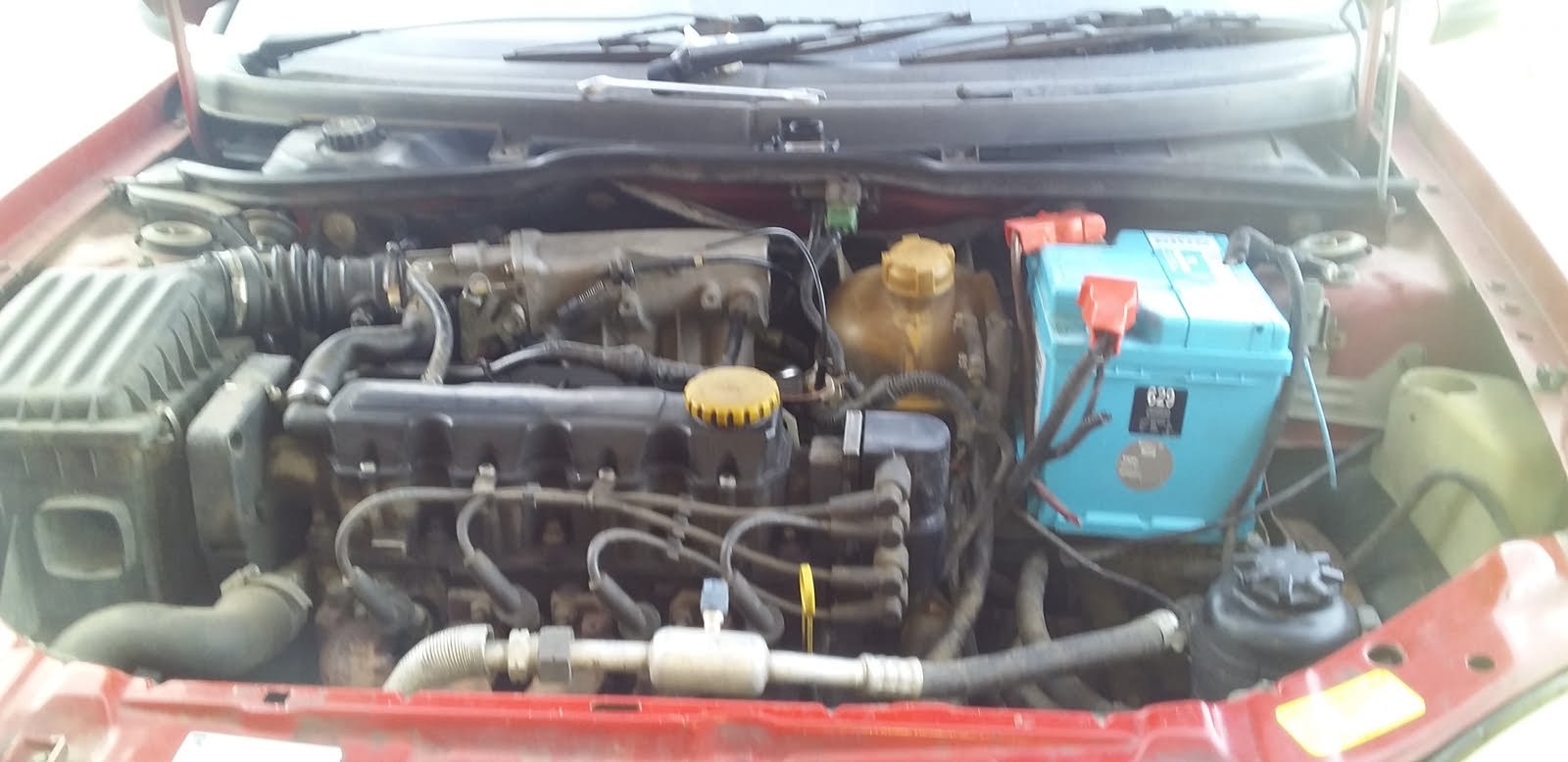Engine Purchasing Specialist Tips on Picking the Right Engine for Your Specific Needs
Selecting the right engine for your details requirements involves a complicated interplay of factors that go past simple horsepower numbers. By delving right into the intricacies of power versus performance, examining gas rankings, and budgeting for long-lasting costs, one can absolutely optimize their engine selection.
Power Vs. Effectiveness: Finding the Equilibrium
When selecting an engine, it is essential to strike an equilibrium between power and performance to satisfy your specific requirements effectively. Power describes the engine's ability to create energy for propulsion, establishing aspects like acceleration, pulling capacity, and general efficiency - Opel Corsa 1.4 Engine Price. On the other hand, effectiveness associates with just how well the engine utilizes fuel to create power, impacting aspects such as gas economy and ecological friendliness
Attaining the right balance in between power and efficiency is vital due to the fact that an engine that is as well effective may take in too much gas, resulting in higher operating prices and unnecessary stress on the setting. Conversely, an engine that prioritizes effectiveness over power might cause sluggish performance, particularly sought after scenarios like towing heavy tons or driving uphill.
To make an educated decision, think about aspects such as your typical driving conditions, the intended use of the car, and your individual choices. By reviewing your needs and top priorities, you can choose an engine that strikes the perfect balance between power and effectiveness, making certain optimum efficiency while minimizing environmental impact and operating costs.
Understanding Engine Size and Type
To further refine the selection procedure of an engine that strikes the ideal equilibrium in between power and performance, it is important to delve into the intricacies of understanding engine size and kind. Engine dimension refers to the total volume of air and fuel that can be pushed with the engine cyndrical tubes. It is generally measured in liters or cubic centimeters. Larger engine dimensions generally result in even more power result however can likewise result in decreased gas performance. On the various other hand, smaller engine sizes are usually extra fuel-efficient however may give up some power.
Furthermore, engine type plays a critical function in identifying the efficiency attributes of an engine. Common engine kinds consist of inline engines, V engines, and rotating engines, each with its special advantages and disadvantages. The engine type impacts factors such as the engine's dimension, weight circulation, and power delivery. Comprehending the interplay in between engine size and kind is vital in choosing an engine that straightens with your specific demands and concerns, whether it be power, performance, or a balance of both.

Consider Your Lorry's Demands
If you are looking for an engine for a heavy-duty vehicle that will be used for towing, you will need an effective engine with high torque capacities. On the various other hand, if you are selecting an engine for a compact cars and truck largely used for city commuting, fuel efficiency may be a more vital element to consider.
Additionally, the terrain on which the lorry will mostly run must affect your engine option. A robust engine with excellent climbing up power will be necessary if you regularly drive in hilly or hilly areas. Conversely, for level surfaces, a much more fuel-efficient engine might suffice. By straightening the engine requirements with your automobile's demands, you can make certain that your lorry runs successfully and fulfills your performance assumptions.
Assessing Fuel Performance Ratings
Evaluating fuel performance ratings is an important element of selecting the appropriate engine for your automobile, guaranteeing price savings and environmental sustainability. Fuel performance ratings, generally determined in miles per gallon (MPG) for gas engines or kilowatt-hours per 100 miles (kWh/100 miles) for electric engines, show exactly how much a car can take a trip on a details quantity of fuel or power. Higher MPG or lower kWh/100 miles values symbolize more reliable engines, translating to reduced fuel prices and lower carbon emissions.
In addition, contrast different engine alternatives within the very same vehicle course to identify the most economical option. Elements such as engine size, weight, aerodynamics, and hybrid or electric capacities can all influence fuel performance.
Budgeting for Long-Term Prices
Tactically intending for lasting expenditures is crucial when picking an engine, ensuring financial sustainability over the vehicle's lifespan. While the first acquisition price of an engine is a significant element, it is important to think about the long-term costs associated with upkeep, fixings, and gas consumption. Choosing a much more fuel-efficient engine may visit homepage have a higher upfront price yet can lead to considerable cost savings in time. Regular upkeep, such as oil modifications, filter replacements, and tune-ups, is necessary to keep the engine running efficiently and successfully, lowering the danger of costly repairs down the line.
Moreover, investigating the availability and expense of replacement components for the chosen engine click to read more is essential in budget plan preparation. Engines with readily offered and economical components can dramatically impact long-term maintenance expenses. Furthermore, taking into consideration the engine's resilience and anticipated life-span can help prevent unforeseen replacement costs in the future. By meticulously budgeting for these long-term costs and factoring them right into the decision-making procedure, individuals can choose an engine that not only fulfills their immediate requirements however additionally remains affordable throughout its life expectancy.
Verdict
To conclude, picking the appropriate engine for your specific needs calls for stabilizing power and performance, recognizing engine dimension and kind, considering your lorry's needs, evaluating fuel top article efficiency ratings, and budgeting for long-term costs. By carefully considering these variables, you can make certain that you choose an engine that meets your demands and gives ideal performance for your vehicle.
To even more refine the option procedure of an engine that strikes the ideal balance in between power and efficiency, it is important to dive into the intricacies of recognizing engine size and kind. Engine size refers to the complete volume of air and gas that can be pushed via the engine cyndrical tubes. Common engine kinds include inline engines, V engines, and rotary engines, each with its distinct benefits and disadvantages. Recognizing the interplay in between engine size and kind is vital in picking an engine that aligns with your specific requirements and top priorities, whether it be power, effectiveness, or an equilibrium of both.
